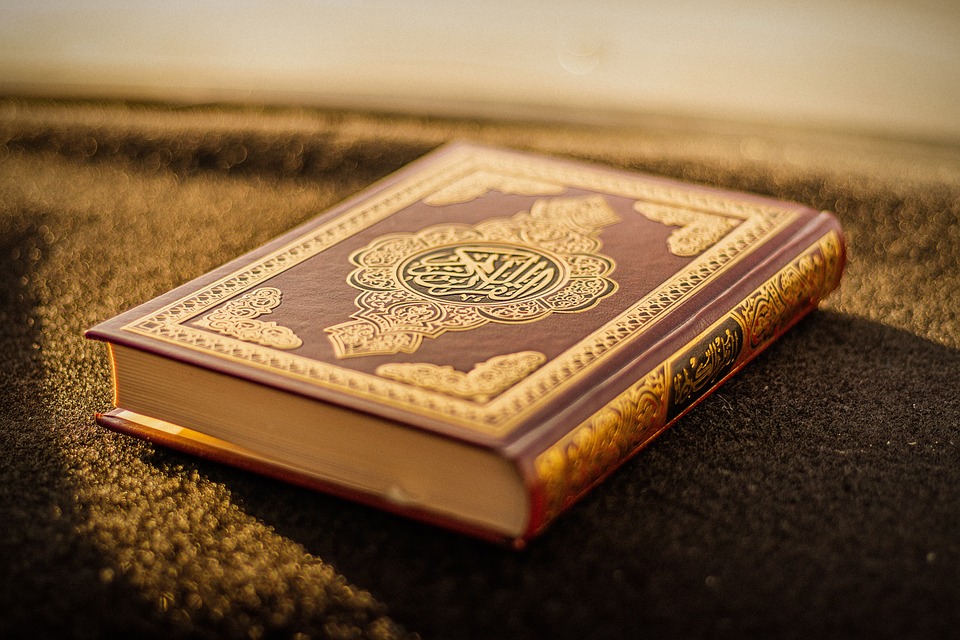Mercy stands as one of the most intensive and central concepts within the Quran, represents not only a characteristic of God, but is a very essence of Allah’s relationship with creation. The Arabic word “Rahma” (رحمة), from which mercy is attained, carries deep psychological, linguistic and spiritual importance that allows every aspect of Islamic belief and practice.
Linguistic foundation of divine kindness
The word “Rahma” shares its linguistic root (R-H-M) with “Rahm” (رحم), which means establishing a powerful metaphor relationship between womb, divine kind and maternal care. This etymology relationship is not a coincidence, but intentionally, insisting that the mercy of Allah involves uniform nutrition, protective and constant qualities found in a mother’s womb. The way the womb nourishes to develop shelters and life, Allah’s mercy surrounds all creation with infinite compassion and care.
The Name of Mercy: Ar-Rahman and Ar-Rahm
The Quran introduced two primary divine names, which give mercy to: “Ar-Rahman” (الرحمن) and “Ar-Rham” (الرحيم). These names appear in the inaugural poem of every chapter except one: “In the name of Allah, the most kind, most kind” (Bismillah Ar-Rahman Ar-Rah). While both are obtained from the same root, they represent various dimensions of divine mercy. AR-Mahaman reflects universal, omnipresent merit that extends to every creature regardless of trust or deed. This mercy manifests in the provision of life’s needs – air, water, food and shelter – for all beings. The AR-roheem, by contrast, represents specific, intimate mercy reserved, especially for believers, forgiveness, guidance and spiritual height.
Universal scope of divine mercy
The Quran declared unevenly that the mercy of Allah does not know: “My mercy incorporates everything” (Quran 7: 156). This poem establishes Daya as a major divine feature, suggesting that compassion rather than anger is characterized by the primary mode of interaction with the creation of Allah. The lesson repeatedly emphasizes that the divine mercy is over and over the punishment, even the hope is offered to those who have committed the crime. A deep hadith shows this concept: “Allah made pity in a hundred parts. He kept ninety -nine parts with him and sent one part to Earth. Through this one part, the organisms are kind to each other.” This teaching suggests that all worldly compassion – from the love of a mother to the kindness of a stranger – represents one percent of the infinite mercy of Allah.
Pity as a model for human conduct
The Quran presents the Prophet Muhammad as “a mercy to the world” (21: 107), establishing it as the last human avatar of divine compassion. His life gives an example of how kind of mercy should control human relations, from family conversation to community leadership. The lesson encourages believers to follow this kind example, promising that “Dayalu will be shown compassion by the most kind.” Within family structures, the Quran makes mercy between husband and wife compulsory, describing their bonds as “affection and mercy” (30:21). It creates a cycle of compassion that strengthens social bonds and reflects divine mercy in human relationships.
Balance of mercy and justice Importantly, the Quran presents compassion not as in the form of neglect of justice but as its correct complement. While Allah is infinitely kind, he also maintains cosmic justice and accountability. This balance ensures that Mercy does not enable injustice while maintaining hope for redemption and forgiveness. The text constantly encourages repentance, promising that the honest who demands forgiveness will be fulfilled with divine mercy.
Practical implication
Understanding the mercy of the Quran changes both spiritual practice and daily life. This encourages believers to contact Allah with hope rather than fear, knowing that his mercy crosses human failures. In addition, it asks all human interactions to embrace mercy, which creates communities characteristic of compassion, forgiveness and mutual support. The concept of mercy in the Quran eventually reveals an God, whose fundamental nature is kind to create, mercy is sometimes not as kindness, but as a innovative principle that controls divine-human and human relationships throughout the existence.

